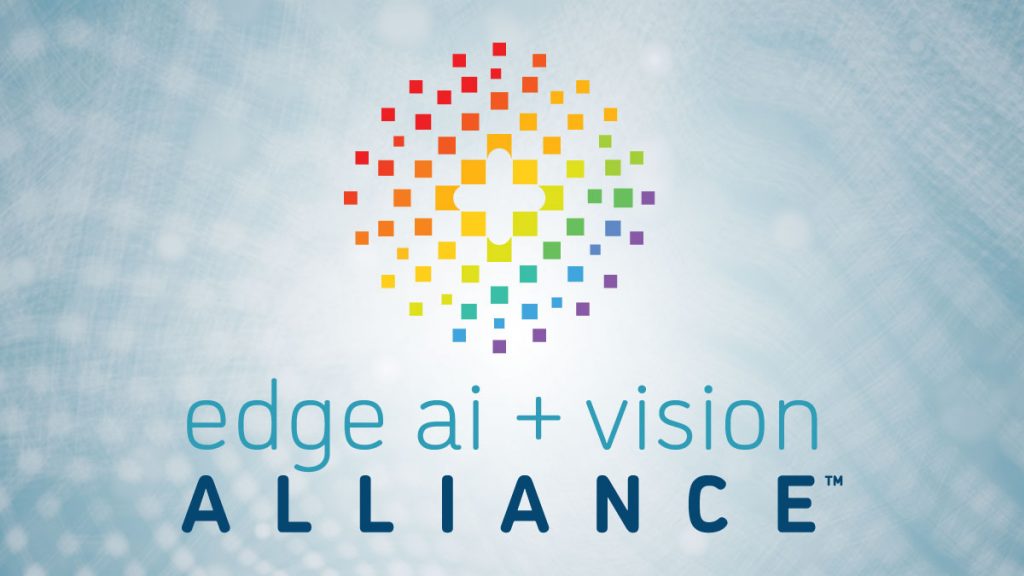Dean Kamen, founder of DEKA Research and Development, presents the “From Mobility to Medicine: Vision Enables the Next Generation of Innovation” tutorial at the May 2018 Embedded Vision Summit.
In this keynote presentation, legendary inventor Dean Kamen explain why he believes the time is right for computer vision to be used everywhere. In Kamen’s work, feedback control systems are central. For example, the Segway relies on feedback control to keep the rider stable on two wheels. The iBot agile wheelchair (from which the Segway was derived) relies on feedback control to perform complex maneuvers, such as ascending stairs. In Kamen’s view, computer vision has now advanced to the point where it can serve as a ubiquitous, versatile sensor enabling feedback control in countless applications. Eventually, says Kamen, embedded vision sensors will be as common as simple microcontrollers or mechanical sensors are today.
Kamen shares what he’s learned from the introduction of computer vision into the FIRST Robotics competition, a worldwide program that has inspired millions of young people’s interest and participation in science and technology. Kamen also presents his company’s work on its next-generation agile wheelchair. And, in perhaps his most ambitious initiative ever, Kamen explains how his Advanced Regenerative Manufacturing Institute plans to enable the large-scale manufacturing of engineered tissues and tissue-related technologies, with the eventual goal of mass-producing replacement organs for humans. Kamen expects computer vision to play a key role, enabling monitoring and feedback control of tissue-growing processes without requiring physical contact with tissue.
Dean Kamen is an innovator, but not just of things. He hopes to revolutionize attitudes, quality of life and awareness. While an undergraduate, Kamen developed the first portable infusion device, which delivers drug treatments that once required round-the-clock hospital care. And, through DEKA Research and Development, which he founded in 1982, he developed a portable dialysis machine, a vascular stent and the iBOT, a motorized wheelchair that climbs stairs.
Kamen is a huge believer in education, and in 1989 established the nonprofit FIRST (For Inspiration and Recognition of Science and Technology) to inspire teenagers to pursue careers in science and technology. FIRST sponsors lively annual competitions, where students form teams to create the best robot.
Two of Kamen’s current projects require extensive use of computer vision. In the first project, Kamen’s team at DEKA Research and Development is creating their next-generation agile wheelchair. In the second project, Kamen’s Advanced Regenerative Manufacturing Institute aims to enable the large-scale manufacturing of engineered tissues and tissue-related technologies, with the eventual goal of mass-producing replacement organs for humans. “The only difference between science fiction and science is timing,” Kamen says.


